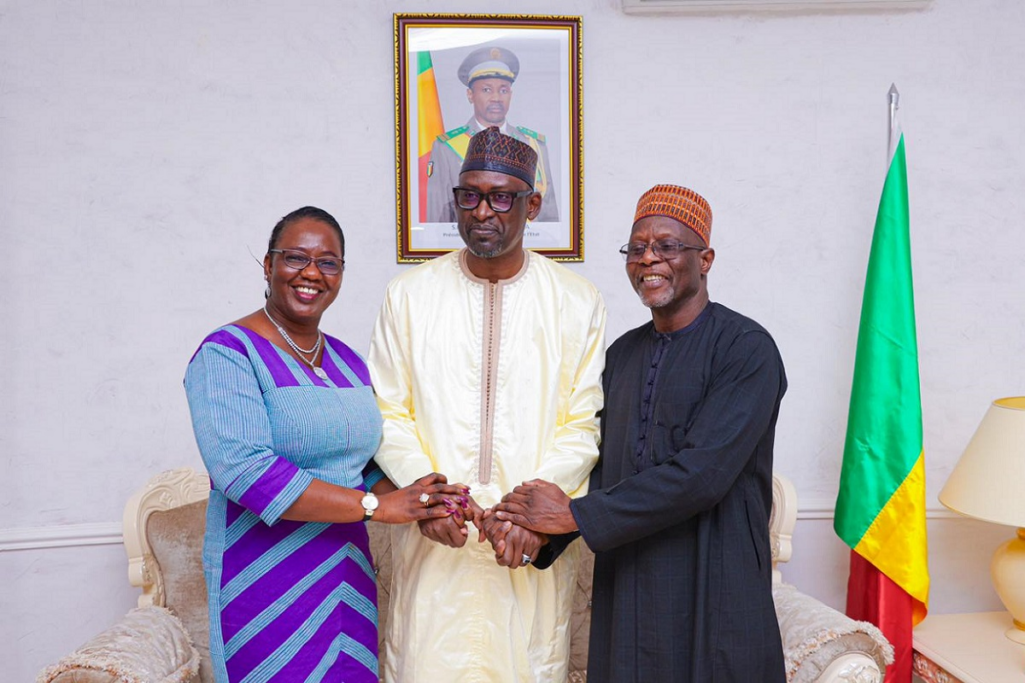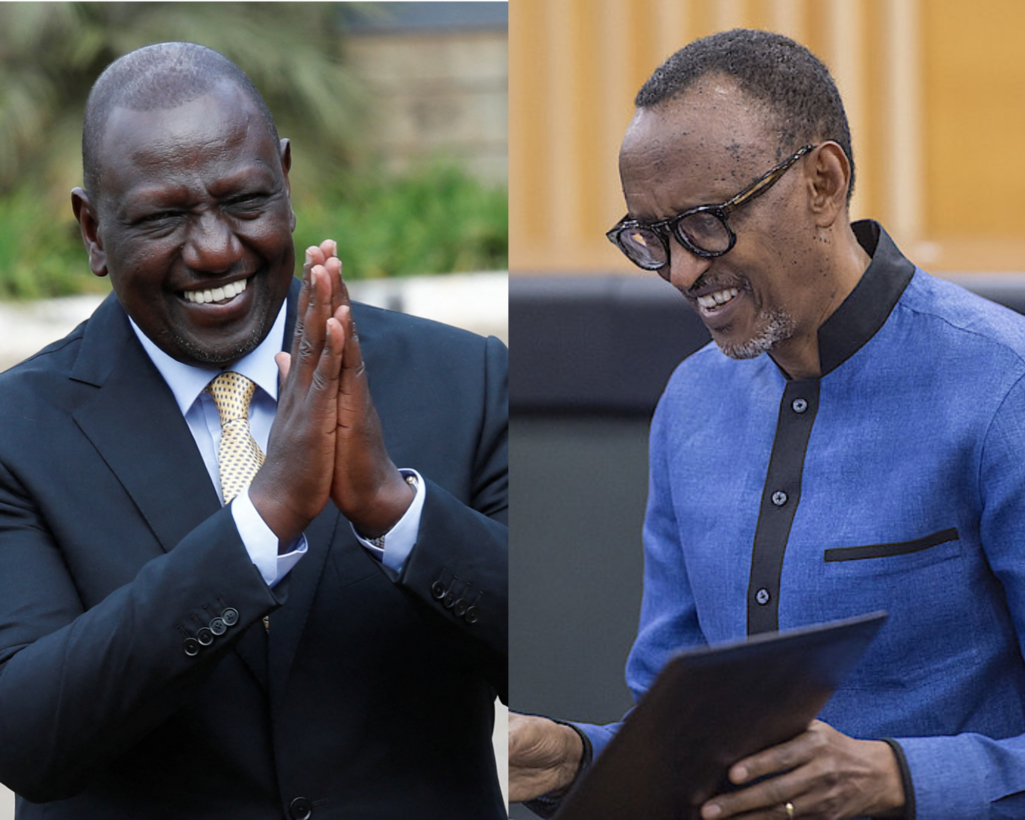A New Dawn in The Sahel: Mali, Burkina Faso, and Niger Forge Path Towards Confederation

In a groundbreaking move with potential to reshape the geopolitical landscape in the Sahel and beyond, Mali, Burkina Faso, and Niger have announced steps towards forming a West African Confederation. This decision, revealed by their foreign ministers, signifies a pivotal change in a region known for its security challenges and pursuit of sovereignty.
ALSO READ: The Liptako-Gourma Charter: An Unexpected Alliance Of 3 African Military Regimes
A translation of the first meeting of Foreign Ministers of the Alliance of Sahel States was published on the X platform. The meeting was chaired by H.E Abdoulaye Diop (Minister of Foreign Affairs and International Corporate of the Republic of Mali). The meeting was attended by H.E Olivia Rouamba of Burkina Faso (Minister of Foreign Affairs, Regional Cooperation and Citizens from Burkina Faso Abroad) and H.E Bakary Sangare of The Republic of Niger (Minister of Foreign Affairs, Cooperation and Nigeriens Abroad)
Shared Vision for Economic and Political Integration
Central to this initiative is a vision for closer economic and political ties, mirroring the objectives of entities like the East African Community. This cooperative approach will enable Mali, Burkina Faso, and Niger to leverage their respective strengths and address shared challenges more effectively.
“The confederation will bring us closer together, allowing us to combine our efforts and resources for the benefit of our nations,” stated President Alpha Condé of Guinea, a neighboring country that has shown support for the confederation. “With enhanced cooperation and integration, Mali, Burkina Faso, and Niger can achieve greater economic growth, improved security, and a brighter future for their citizens.”
Strategic Pivot Amidst Security Challenges
In conjunction with this move towards confederation, Burkina Faso and Niger have also decided to withdraw from the G5 Sahel anti-jihadi force, a decision announced on December 2, 2023.
This is a significant development in the context of the Sahel region’s ongoing fight against insurgency and extremist groups. The G5 Sahel force, which also includes Chad, Mauritania, and Mali, was established to combat jihadist groups in the region. Mali had previously withdrawn from this alliance.
They cited failures in meeting security goals and concerns over foreign influence, especially from France.
ALSO READ: Visa-Free Travel in Africa: Rwanda and Kenya Join List Of Countries Opening Their Borders
By working together within the confederation, Mali, Burkina Faso, and Niger aim to address the root causes of insecurity and terrorism in the Sahel region more effectively. Their departure from the G5 Sahel underscores determination to forge a path and tailor security arrangements according to unique needs of the region.
Formation of the Alliance of Sahel States
The creation of the Alliance of Sahel States marks a concerted effort by these nations, currently under military rule, to present a united front. This alliance focuses on mutual defense and economic cooperation, striving for sovereignty and stability independent of external military interventions.
“The confederation provides a platform for us to collectively tackle security issues that transcend borders,” stated President Roch Marc Christian Kaboré of Burkina Faso. “By pooling our resources, we can strengthen our defense capabilities and ensure the well-being and safety of our citizens.”
International Response and Future Implications
The international community, including regional bodies like ECOWAS, is closely monitoring these developments. The response to this confederation and the reshaping of security alliances in the Sahel is a matter of global interest.
Conclusion: A New Chapter in West African Politics
The move towards a confederation by Mali, Burkina Faso, and Niger, along with their shift in security alliances, marks a new era in West African politics. It symbolizes aspirations for unity, self-determination, and a novel approach to regional challenges. As details of this confederation emerge, the world watches this bold step towards stability and growth in West Africa.







Responses